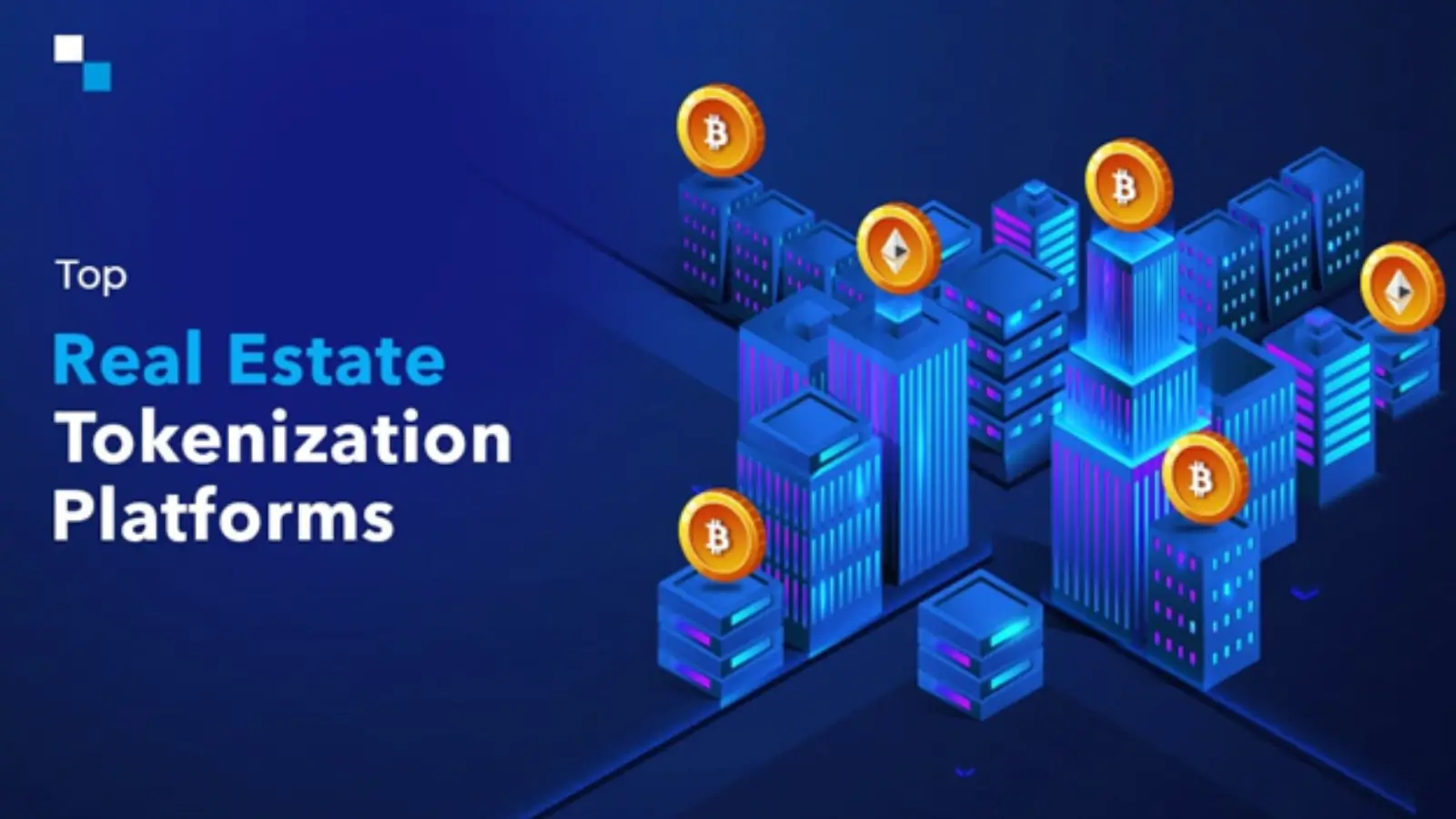


Over the past decade, blockchain has matured from a niche technology that was confined to experimental implementations into a full-fledged financial and operational infrastructure that is currently disrupting numerous industries. The most profound changes are occurring in real estate, where tokenization — the act of representing ownership rights to real-world assets with digital tokens on a blockchain — is reimagining how property can be owned, traded and managed.
There are an increasing number of platforms allowing investors to buy slivers of high-end properties around the world, lowering the barriers to entry and increasing liquidity in an industry that had long been characterized by its illiquidity and capital intensity. The question is no longer if tokenization will be used by investors / developers, but which platform has the most secure, compliant solution with scale that can provide a global frontier of liquidity.
Before delving into the best real estate tokenization platform, it is important to know how tokenization operates. In short, tokenization is the process of transforming real-world assets —like a residential building, office space or development project—into digital tokens that are then placed onto a blockchain.
Each token is a claim to a proportional ownership of that asset, and investors can buy, sell or trade fractions on an unprecedented level. The ledger is decentralized and transparent, while smart contracts automate tasks such as dividend issuance, exercising of votes where voting rights are required and compliance checks.
Global asset tokenization is forecasted to reach over $16 billion by 2030, largely attributed to real estate utilization, read the 2024 report from MarketsandMarkets. This growth demonstrates investor demand for digital property investment models.
If you are to compare which Tokenization platform fits your investment or development needs, consider the following criteria:
Compliance is the fundamental centrepiece upon which any legit tokenization outlet stands. The best ones incorporate KYC (Know Your Customer)/ AML (Anti Money Laundering) into existing funds that also comply with various regional securities laws, like the SEC guidelines in US or MiFID II in Europe. Platforms that have integrated regulatory modules mitigate risks, optimising investor on-boarding.
Fractionalizing big-ticket assets enables even smaller investors to access luxury properties. Secondary trade markets -- frequently in-built on the platform -- also contribute to liquidity, allowing investors to exit their positions when they like rather than wait for traditional sales cycles.
Dividends, ownership transfers and voting are handled automatically by smart contracts. A strong platform would provide code audits and customizable contract logic to fit different project types — whether a residential portfolio, or a commercial REIT.
Some more advanced systems are capable of tokenizing all sorts of asset classes such as infrastructure, debt instruments and REIT-tokens. And this versatility makes them the perfect choice for asset managers looking for a strategy that can be deployed across multiple sectors of digital investment.
Which is the “better” platform depends on what users are seeking—security, scalability, usability or regulatory fit. However, most successful solutions tend to have a few things in common:
The likes of Securitize, RealT and Tokeny have established solid precedents in the space already, though competition remains very fragmented. Investors are increasingly focusing on ethical investing, with new players who focus on sustainable-linked properties and ESG (Environmental, Social, Governance) metrics entering the race.
“Tokenized real estate instantly reduces barriers to entry, allowing global investors to participate in worldwide property markets with just a few hundred US dollars. On top of this, the transparency of a blockchain allows for clear-cut records on ownership and transaction history, significantly negating the risk of fraud.
Investors benefit from trading properties 24/7 on digital exchanges, an impossibility with traditional real estate. This liquidity facilitates new approaches—such as flipping of digital property shares short term or being participant in high-yield orientent rental income pools.
They also allow developers to access capital more quickly through partial investments. Rather than depending on banks or other institutional backers, they can tap into retail and accredited investors around the world. In addition, tokenization increases project exposure and investor confidence through the provision of secure ledgers to validate for capital flows and ownership.
While offering numerous prospects, tokenisation brings its own set of compliance and security risks. Platforms must comply with local securities laws and robust cybersecurity.
The Top Real Estate Tokenization Platforms use multiple layer of encryption, cold storage for private keys and Audit Smart contract through third party established Firms. Moreover, platforms that have embedded investor accreditation and jurisdictional control tools significantly reduce regulatory risk beyond borders.”
For professionals seeking more insights on asset tokenization and the future of property markets, a trusted property tokenization blog can offer regular news updates, interviews with leading experts and market insights.
These resources frequently touch on new regulation trends, token valuation models and comparisons of top tokentization solutions -- arming novices and veterans to make their way around this rapidly-changing space.
We believe the growth of digital securities in real estate is a structural shift in formation and exchange of real estate capital. As legislation matures and adoption on the part of institutions increases, tokenized assets will in short order sit comfortably next to traditional real estate portfolios.
Over the next few years, connectivity between blockchain networks, digital identity systems and DeFi (decentralized finance) protocols will continue to increase liquidity and cross-border investment efficiencies. Tokenization is more than just a technological leap — it’s a financial evolution toward a more accessible, transparent, and efficient real estate market.
Whether or not to go for the best real estate tokenization platform There is a trade off needed between technology innovation, regulatory security and user experience. Whether you are an investor looking for diversified checking exposure or a developer wishing to modernize fundraising – tokenization provides a first-of-its-kind bridge between the traditional real estate world and the digital economy.
With added attention on security, interoperability, and regulatory transparency from more trading platforms, tokenization has the potential to redefine global property investment - driving real estate liquidity, access and inclusivity to new heights.